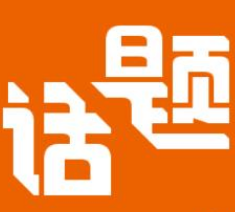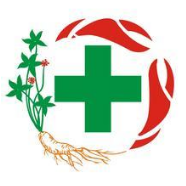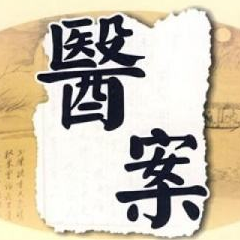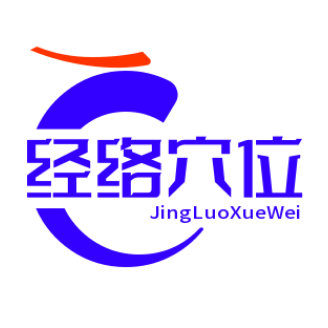Ancient medicine is a discipline based on the Five Elements theory and the Yin Yang theory, which studies human physiology, pathology, and disease prevention and treatment. In ancient medicine, the human body was believed to be an organic whole composed of the five organs and five viscera, with the five organs being the core organs of the human body, corresponding to the five elements of wood in the liver, fire in the heart, earth in the spleen, metal in the lungs, and water in the kidneys.
At the same time, ancient medicine believed that the five viscera not only had physiological functions, but were also closely related to people's emotional and conscious activities. Therefore, there is a saying that the Five Organs and Five Aspirations are dependent on them, which means that the five ideologies are attached to them. Specifically, liver qi anger, heart qi happiness, spleen qi thoughts, lung qi worry, and kidney qi fear.
古代医学是一种基于五行学说和阴阳学说,研究人体生理、病理和疾病防治的学问。在古代医学中,人体被认为是由五脏和五腑构成的有机整体,而五脏则是人体的核心器官,分别对应着五行元素,即肝属木、心属火、脾属土、肺属金、肾属水。
同时,古代医学还认为五脏不仅具有生理功能,还与人们的情感和意识活动密切相关。因此,五脏还有五志的说法,也就是五种意识形态依附其上。具体来说,肝志怒、心志喜、脾志思、肺志忧、肾志恐。



110X110.png)
110x110.png)






请登录之后再进行评论